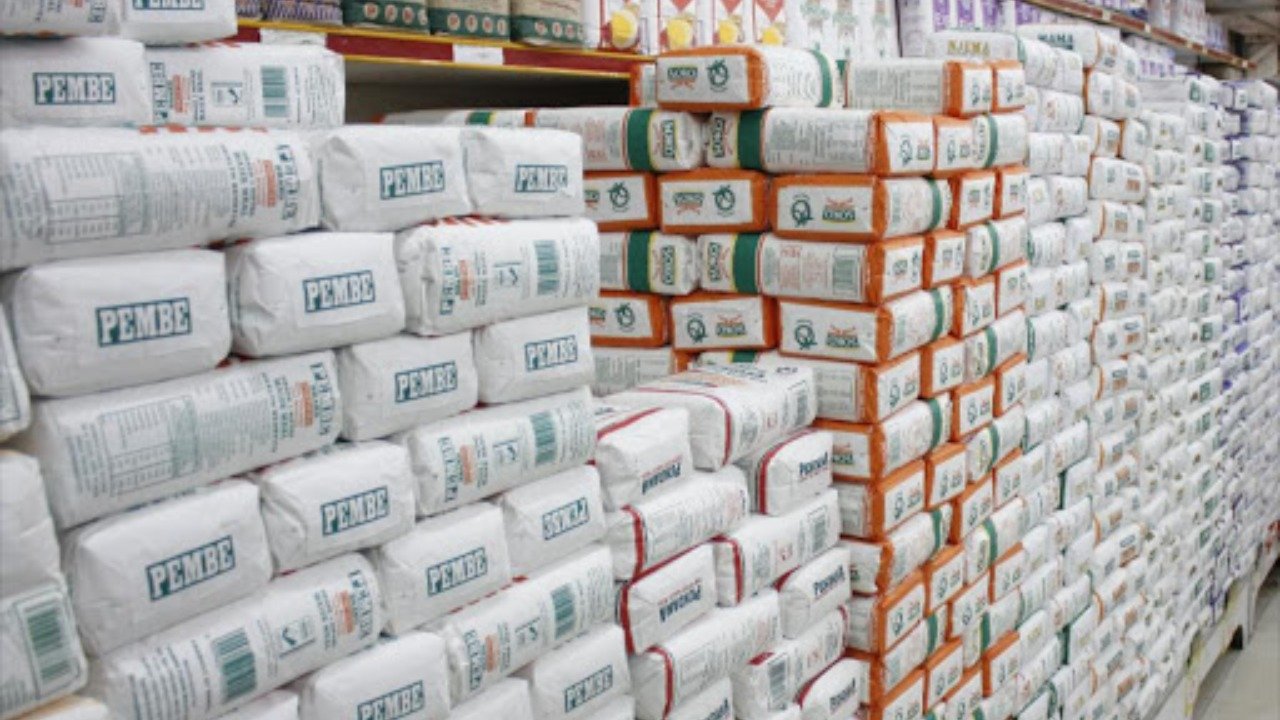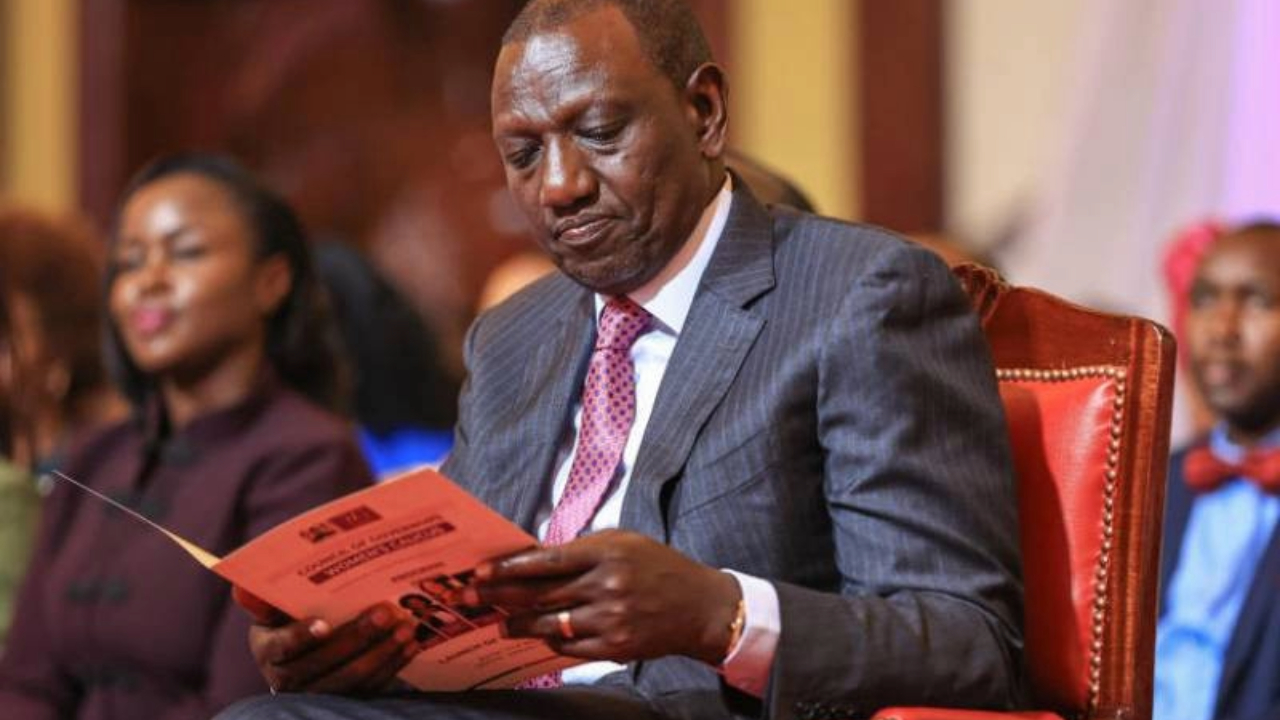Millers Issue Maize Flour Price Hike Warning

Millers predict that maize flour prices would rise within the next month owing to a national maize scarcity caused by both internal and external reasons unless the government intervenes.
Due to increased worldwide pricing, millers are hesitant to import the product, resulting in domestic scarcity.
“A 90-kilogram bag of imported non-genetically modified (GMO) maize costs Ksh 6, 000 meaning if we import, it will significantly raise the maize flour prices making it unaffordable to many Kenyans,” the millers.
Apart from millers' unwillingness to import, the National Cereals and Produce Board (NCPB), which serves as the nation's reservoir, is nearly depleted.
According to the Ministry of Agriculture, the NCPB now has a supply of only six million bags of maize, which would only last the country a month.
Due to the NCPB's failure to purchase maize during the 2022–2023 season, it also lacks emergency supplies.
Because so many farmers raced to sell their goods to dealers and millers out of fear that prices would fall, NCPB did not buy the maize.
This came about as a result of Kenya's government promise to import 10 million bags of maize, according to President William Ruto. According to the millers, it would take a while for the 10 million bags to arrive, and the government has been encouraged to consider other options to protect consumers from rising prices.
Previous President Uhuru Kenyatta launched a consumer subsidy program, but it was scrapped by Ruto, who said it was harmful to the economy.
“The former administration was using Ksh 8 billion in two months to subsidize maize flour and Ksh15 billion every month to subsidize fuel.
On February 13, when conducting a visit to the Bondeni Affordable Housing Project in Nakuru County, the President said, "I cancelled the maize subsidy because we must implement austerity measures to limit the growth of our foreign debt."




